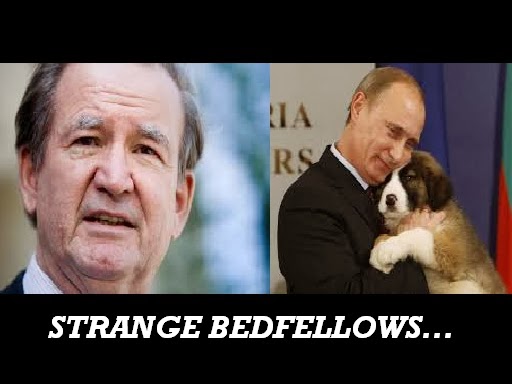JERUSALEM — As Israel released a group of 26 long-serving Palestinian prisoners early Tuesday, with another announcement of new construction in West Bank settlements expected soon, Prime Minister Benjamin Netanyahu faced sharp criticism from all corners, including conservative members of his own coalition. Palestinian leaders threatened that any new settlement activity could lead them to seek membership and sue Israel in the International Criminal Court, a move they had promised not to take during peace talks that started this summer. European diplomats warned the Israelis in a series of high-level meetings over the past week against pairing the prisoner release with a construction announcement, as was done twice before. Even the Israeli right-wing forces that Mr. Netanyahu aimed to appease with the settlement initiative distanced themselves from the plan, denouncing any linkage between prisoners and construction as unfortunate or even immoral. “He is wrong because he tries to please all sides; the result is nobody is happy with his steps,” said Eitan Haber, a veteran Israeli commentator, invoking a Hebrew idiom about how a bridegroom cannot dance at two weddings. Mr. Haber, who was a close adviser to former Prime Minister Yitzhak Rabin, added, “If you are a true leader, a real leader, you must choose your way, and go and try to implement your ideas.”
http://www.nytimes.com/2013/12/31/world/middleeast/israel-prisoner-release-settlements.html?_r=0







.jpg)








.jpg)

.jpg)























.jpg)